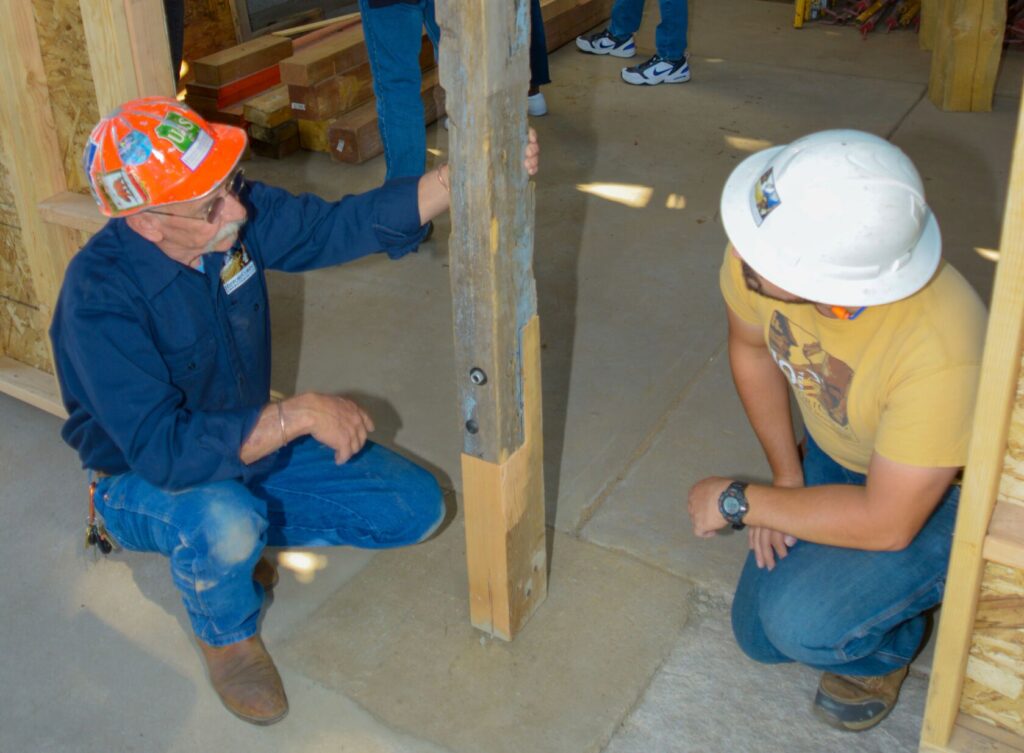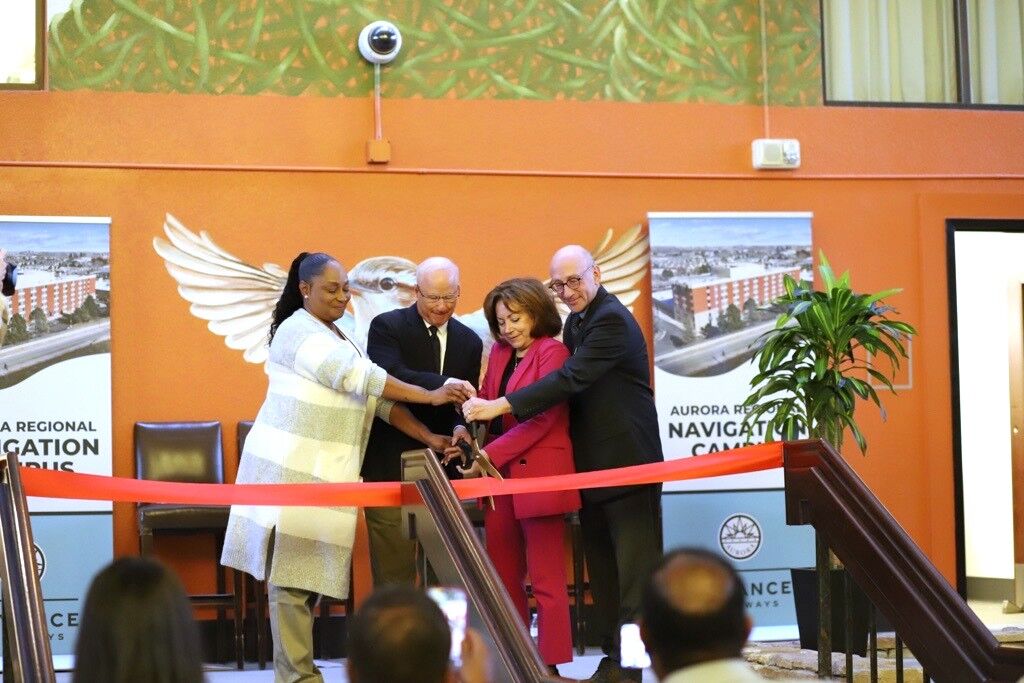Fix to 2024 AI bill causes tension, Democrat legislator sinks efforts
Colorado House lawmakers worked frantically on Tuesday night to act on Gov. Jared Polis and Attorney General Phil Weiser’s request to fix issues with an artificial intelligence bill enacted last year.
However, procedural rules created an unprecedented dilemma, as debate continued, and by midnight, it almost caused the entire 2025 session to end a day early with more than a dozen bills pending action.
In the final week of the 2025 Colorado Legislative session, Tuesday was the last day for a bill to go through what’s called a second reading in the House and Senate.
Senate Bill 322, as introduced, was entitled “Concerning the management of consumer protection claims by the attorney general.”
The operative words were “consumer protection” and “attorney general.” Both are also found in the 2024 artificial intelligence law, which is considered a consumer protection law with complaints managed by the attorney general.
On Monday, Senate Majority Leader Robert Rodriguez, D-Denver, asked the Senate Business Affairs, Labor and Technology Committee to reject another bill to fix issues in the 2024 measure, including its implementation deadline of Feb. 1, 2026.
Within hours of Rodriguez killing that proposed fix, Polis and Weiser called on the legislature to act fast and find a way to delay the 2026 implementation requirement of the 2024 law.
By the end of Monday, the chances of a new bill to do that were over.
Those seeking the delay felt they had found another way by adding verbiage in SB 322 and tweaking the title, which had grown a bit when the bill was amended by the House Finance Committee earlier on Tuesday.
The House sponsor, Rep. Shannon Bird, D-Westminster, was willing to explore the creative maneuver.
But Rep. Brianna Titone, D-Arvada, the House sponsor of both the 2024 law and the 2025 AI bill, refused to support the efforts.
As the clock ticked toward the end of the day, House Majority Leader Monica Duran, D-Wheat Ridge, sought and got permission to limit debate to an hour, at about 10:20 p.m.
And the debate was on.
Bird introduced an amendment to delay the implementation of the 2024 law to Jan. 1, 2027. This would give the stakeholders crafting the AI bill about 18 months to reach the compromise they could not achieve when the 2025 bill was introduced on April 28.
Titone had an amendment to delay the implementation to April 14, 2026, but that failed.
Rep. Yara Zokaie, D-Fort Collins, got involved, too, with a successful amendment to add a petition clause, replacing the bill’s safety clause.
The debate ended after 11:30, and the bill passed on a voice vote. But one more procedural action had to be completed before midnight — approving what’s called the committee of the whole report.
Duran motioned to “call the question,” which would have prevented any amendments from coming forward. But that vote failed, 30-34. That meant any amendments to the report, all dealing with SB 322, were now allowed.
Zokaie had at least four, all offered by Titone. She filibustered those amendments until 11:59, causing the bill to fail.
Titone’s actions created frustration, as Duran hurriedly interrupted her to ask that the balance of the calendar be carried over until Wednesday.
On Wednesday, House Republicans complained about the lack of decorum on how the day had ended and lodged a protest, calling what happened to Titone “a hostile eviction” that undermines the institution.
House Speaker Julie McCluskie, D-Dillon, said her “foremost priority is to protect and honor” the institution.
The rules of the House are not always crystal clear, she told her colleagues, and there are gaps and ambiguities. The Colorado Constitution requires lawmakers to print each calendar day in the House journal. As the clock approached midnight, she said, it became apparent that day 119 was about to bleed into day 120.
She said it was critical that “we protect the institution and the work before us.” Under other circumstances, she would not have selected to interrupt the member, she said.
“This was unchartered territory,” she added.
But if the House had adjourned after midnight, even at 12:01 a.m., that would have meant they were adjourning sine die, and that would have ended the House’s business for the session, with more than a dozen bills still awaiting final decisions.
At 11:59, she acted, after consulting the legal services staff.
Still, House Republicans asked that their protest be printed in the House journal, and McCluskie asked the House to approve that motion. It passed, 63-1, with Rep. Stephen Woodrow, D-Denver, being the sole vote of opposition.










